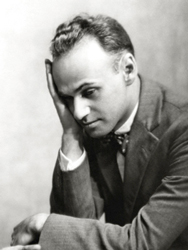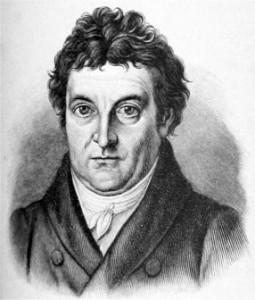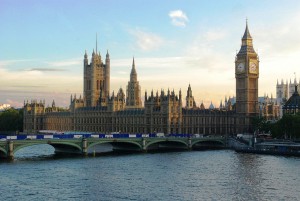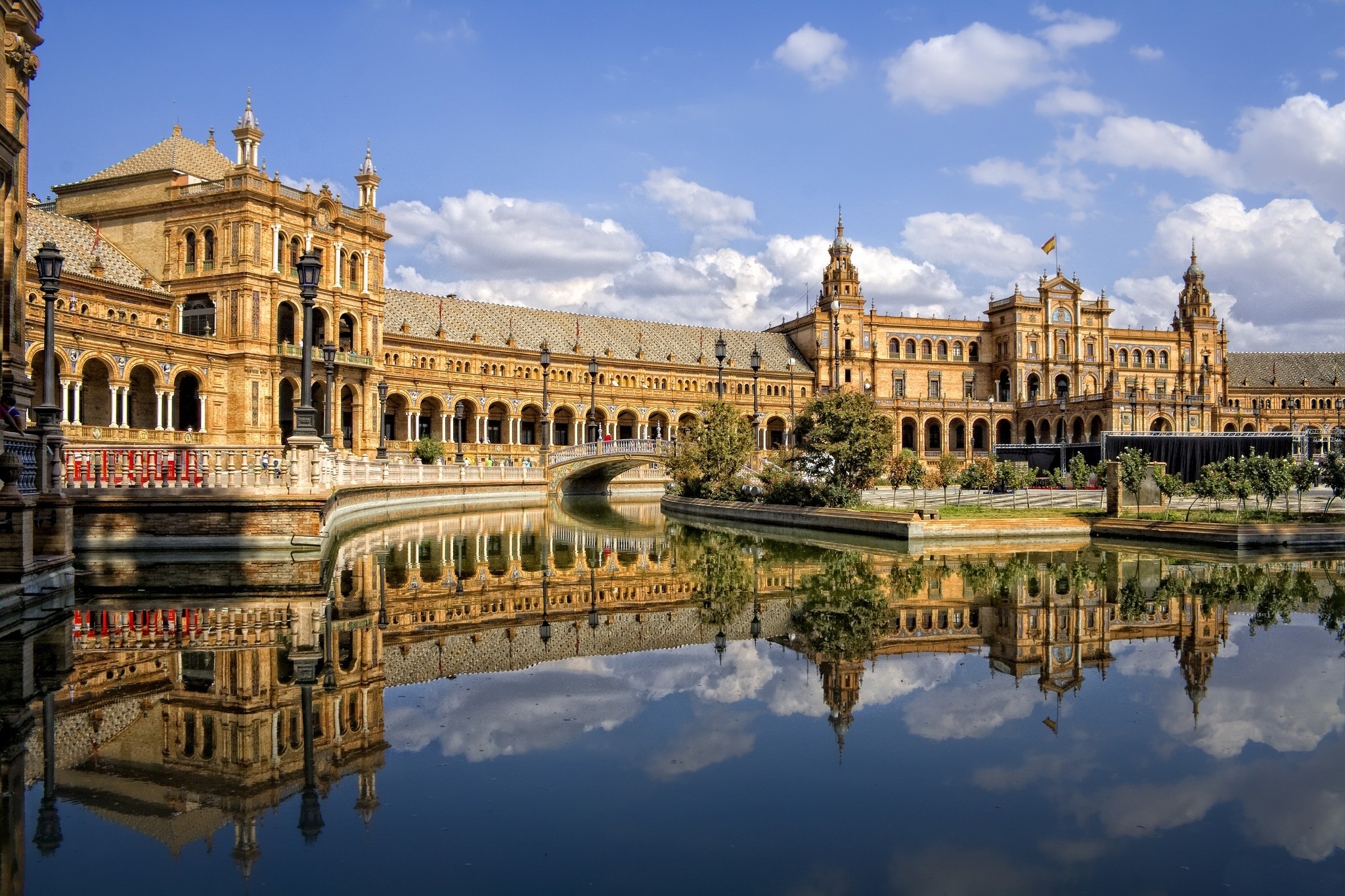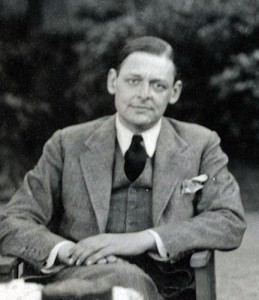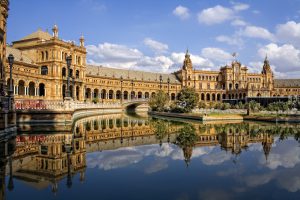 To Polly Winslow
To Polly Winslow
Ávila, Spain. [Late 1913]
. . . For to do great things with pea-green half-moons on a zebra skin, it is perhaps necessary not to know too much as yet about that dreadful thing which grown-up people call the world. The world is a very imperious, absorbing, jealous master: and the Kingdom of Post-Impressionist art is not of this world.
Dear me, Polly, I have written you a very long letter; but as you have now reached a literary age, you won’t mind how long it takes you to read it. The worst of it is I haven’t said any of the things that I meant to say, such as to thank you for writing, and to thank your Mamma for the photos, and say the one of little Fred with you standing behind is the one that reminds me most of him in his crib, when he looked so much like the little Child in a crib which we see every where (at least in this Christian country) on Christmas Day. The others of him, and all yours, don’t seem to me good enough to be memories, and of course they are not very important as absolute forms in absolute colours which is the only “art” Mr. Roger Frye now allows me to like.
I am very very cold in this southern climate, and am going farther south still (very illogically) to see if that will mend matters. I am going to a romantic thriftless old city called Seville, to see if (having past fifty) I can still write poetry and fall in love. You don’t think that is very likely, I know, and can almost see you laughing at me. The fact is I don’t think it very likely myself; but it is sometimes amusing to expose oneself to the dangers from which one is perfectly safe.
If I find any Post Impressionist pictures in Seville I will send you one to see if you can be converted too.
From your affectionate
Spanish Uncle.
From The Letters of George Santayana: Book Two, 1910-1920. Cambridge, MA: The MIT Press, 2001.
Location of manuscript: The Houghton Library, Harvard University, Cambridge MA.
![seldes[1]](https://santayana.iupui.edu/wp-content/uploads/2016/01/seldes1.jpg) To Gilbert Seldes
To Gilbert Seldes
